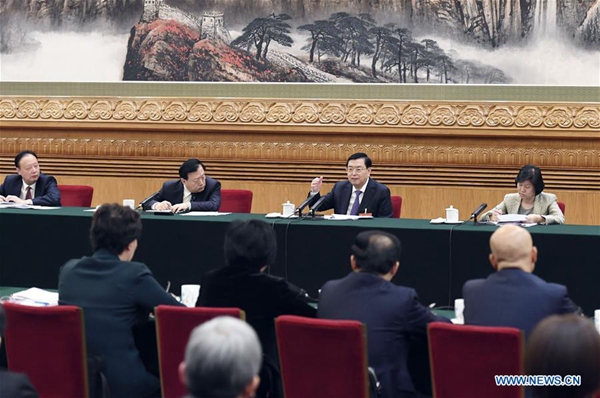BCC: Chancellor must act on mounting concern on business rates
Responding to new statistics on business rate concern, the BCC renews its call for action by the Chancellor at the Budget.
6th March 2016
As the British Chambers of Commerce (BCC) publishes statistics that show two-in-five businesses are more concerned about business rates than three months ago, the business group renews its call for action in the Spring Budget this week to ease the burden of rates and bring about fundamental reform to the system.
New interim statistics from the BCC’s Quarterly Economic Survey, based on the responses of over 900 companies, show that 39% of businesses are more concerned about business rates than three months ago, second only to those reporting higher concern around exchange rates (42%) than three months ago.
The results show that it is small businesses who are most worried about the burden of business rates, with one-in-two (50%) saying it’s of greater concern, the highest of any factor.
The business group is calling for the Chancellor to use his Spring Budget to support long-term investment and growth by taking action on this upfront costs which hits businesses unfairly, and irrespective of their economic health or circumstances.
BCC seeks four key measures on business rates from the Spring Budget:
- Abandon the fiscal neutrality principle in business rates reform – an unacceptable barrier to fundamental reform of the business rates system that is unique to that tax. This would allow the government to help those firms most affected by the revaluation.
- Drop proposals that would restrict the ability of the Valuation Tribunal for England to order changes to business rates liabilities – ensuring businesses access to justice and fairness.
- Bring forward the switch from RPI to CPI, currently planned for April 2020, to April 2017 – limiting annual increases starting more swiftly.
- Longer term, remove all plant and machinery from the valuation of property for business rates purposes.
Dr Adam Marshall, Director General of the British Chambers of Commerce, said:
“Rising business concerns demonstrate the urgent need for action on business rates in the Budget this week. The UK had the highest business property taxes in the developed world even before the recent revaluation – hammering firms with sky-high costs before they turn over a single pound. This undermines business investment, which in 2016, fell for the first time in seven years.
“As the new bills kick in from April 1st, many will see this situation get worse with some facing double, even triple-digit growth in the amount they must pay. Businesses face a tipping point: with rates rising for many and the combined costs of currency depreciation, the new National Living Wage, Pensions auto-enrolment and rising energy prices – urgent action is needed to reduce the upfront costs of doing business.
“In the short-term, the Government must provide additional relief to the firms hit hardest by rates and re-visit the detail of reform to the appeals system. It should bring forward the change from RPI to CPI this year.
“In the longer-term, fundamental change is needed, including stripping plant and machinery from rates assessments that does so much to discourage business investment.”
Ends
Notes to editors:
The interim data from this survey are drawn from responses from over 900 business people across England. Firms were questioned online between 20th February and 3rd March 2017. Please note that the fieldwork for this survey is still ongoing. Small businesses are defined as those with between 10 and 49 employees.
The British Chambers of Commerce (BCC) sits at the heart of a powerful network of 52 Accredited Chambers of Commerce across the UK, representing thousands of businesses of all sizes and within all sectors. Our Global Business Network connects exporters with nearly 40 markets around the world. For more information, visit: www.britishchambers.org.uk
Media contacts:
Orla Hennessy – Press and Communications Officer
020 7654 5813 / 07825746812
